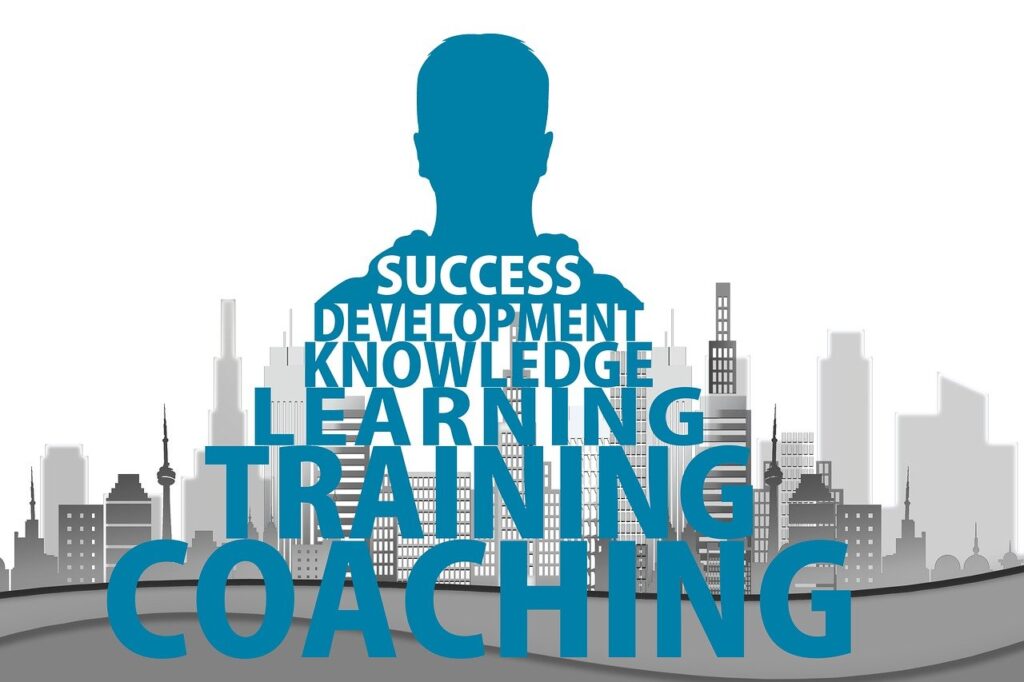Virtual reality is leaving no stone unturned as its technology evolves daily. One of the revolutionary vices VR brings to the table is business training. Virtual reality training for businesses is a system of great ingenuity. They cater to business needs such as compliance, developing soft skills, and practicing complex procedures.
Continue reading to learn more about how virtual reality benefits business training.
Virtual Reality Training
To begin, one must know that virtual reality (VR) is a simulated experience. One would use a headset and/or hand controllers to immerse in a computer-generated world. Training consists of what the business wants its employees to do. For instance, businesses use the technology for new employee development. Employees would become accustomed to company culture, processes, and expectations interactively and engagingly. In some cases, VR training reduces the training time, leading to faster skill acquisition than traditional methods.
The programs provided by businesses are also adaptable to individual levels.
Adaptable Development
Virtual reality systems can update during an individual’s learning process, offering challenges that match their skill level. Many VR platforms have built-in analytics to track user progress. For example, manufacturers such as Ford have implemented training on assembling parts for factory workers before going out on the warehouse floor. The data helps businesses recognize strengths and areas of improvement for employees.
Besides employee benefits, businesses also use the data to measure the effectiveness of their training program. Something noteworthy when it comes to soft development skills.

Soft Development Skills
Virtual reality training simulations stimulate real-life work scenarios without the real-life consequences. Employees can practice leadership, teamwork, communication, and empathy. Walmart has been one pioneer in incorporating soft development skills with its employees. Customers are not always delightful when shopping, so employees should practice satisfactory customer service. It prepares them for a real-life event such as “Black Friday.”
Ending Session
In conclusion, virtual reality has revolutionized the way businesses train their employees. By offering an immersive and engaging experience, VR training helps employees learn faster, retain information better, and develop new skills. The adaptability of the VR systems to individual levels and the built-in analytics provide businesses with valuable insights into the effectiveness of their training programs. With the ability to practice soft skills in simulated real-life scenarios, VR training is becoming an increasingly popular tool for businesses to improve their operations and achieve their goals.
For more on Business, visit Ferrygodmother.Biz.

